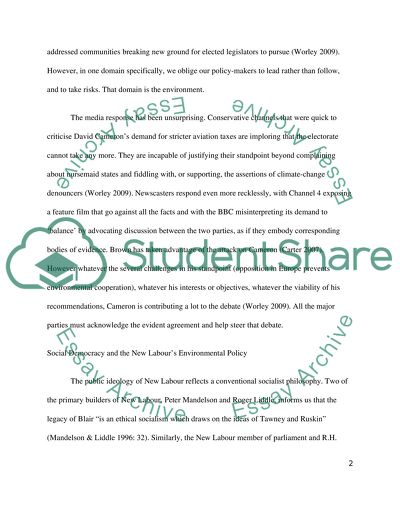Cite this document
(The Greening of British Government and Politics Case Study, n.d.)
The Greening of British Government and Politics Case Study. Retrieved from https://studentshare.org/politics/1568011-labour-is-making-britain-greener-cleaner-and-less-polluting-labour-party-environment-policy-statement-2009-discuss-in-the-context-of-british-government-and-politics
The Greening of British Government and Politics Case Study. Retrieved from https://studentshare.org/politics/1568011-labour-is-making-britain-greener-cleaner-and-less-polluting-labour-party-environment-policy-statement-2009-discuss-in-the-context-of-british-government-and-politics
(The Greening of British Government and Politics Case Study)
The Greening of British Government and Politics Case Study. https://studentshare.org/politics/1568011-labour-is-making-britain-greener-cleaner-and-less-polluting-labour-party-environment-policy-statement-2009-discuss-in-the-context-of-british-government-and-politics.
The Greening of British Government and Politics Case Study. https://studentshare.org/politics/1568011-labour-is-making-britain-greener-cleaner-and-less-polluting-labour-party-environment-policy-statement-2009-discuss-in-the-context-of-british-government-and-politics.
“The Greening of British Government and Politics Case Study”, n.d. https://studentshare.org/politics/1568011-labour-is-making-britain-greener-cleaner-and-less-polluting-labour-party-environment-policy-statement-2009-discuss-in-the-context-of-british-government-and-politics.


